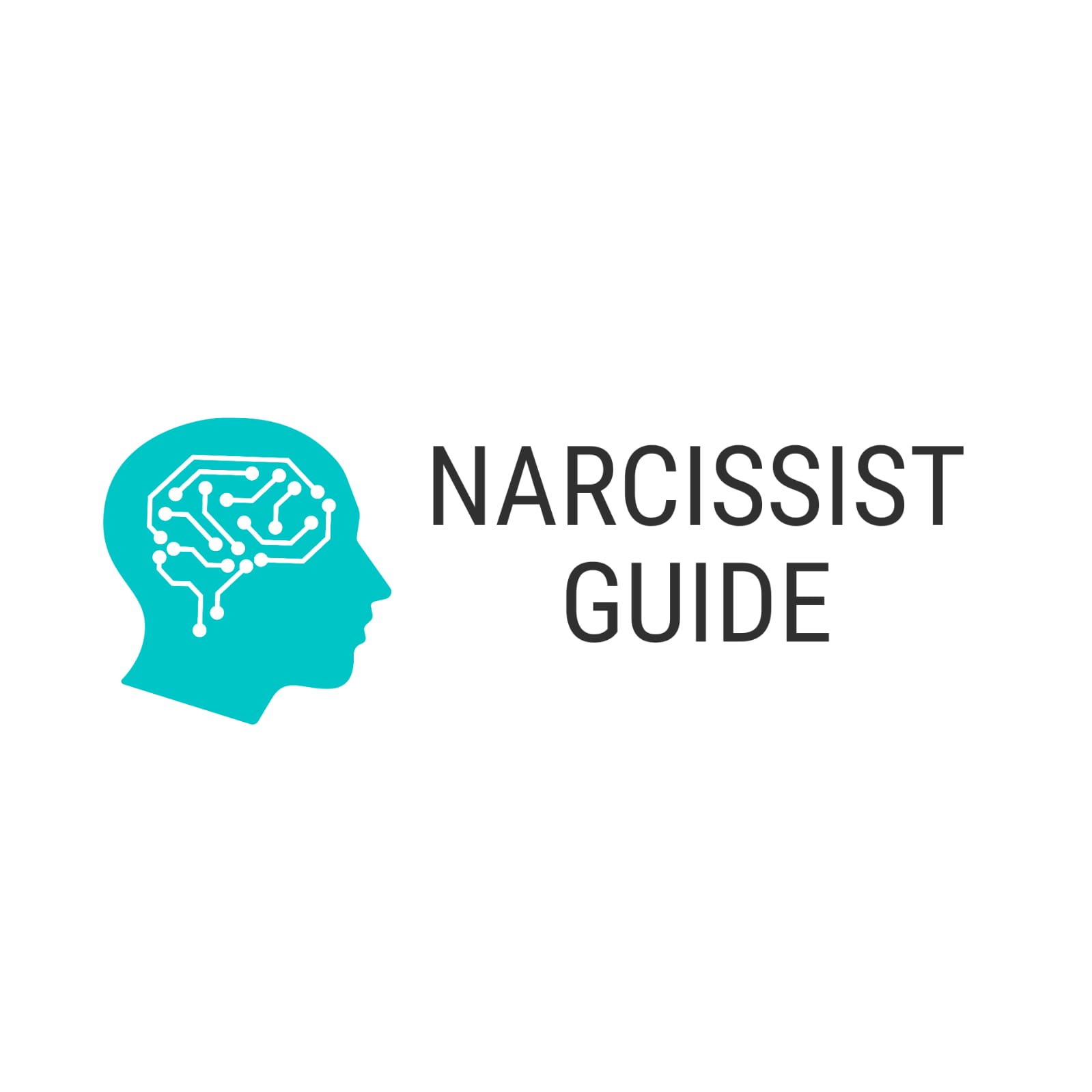18 Things Narcissistic Mothers Say (What They Really Mean)
Narcissistic mothers can leave lasting emotional scars on their children. They often use manipulative language that serves their needs while undermining their child’s confidence.
In this article, we’ll explore 18 things narcissistic mothers say, what they really mean, and how to deal with these harmful behaviors.

What Is a Narcissistic Mother?
A narcissistic mother exhibits behaviors centered around her own needs, desires, and validation. These mothers often manipulate their children to maintain control and fulfill their own ego-driven needs.
The Impact of Narcissistic Parenting
Before diving into the phrases, let’s understand the consequences:
- Low Self-Esteem: Constant criticism can make children doubt their worth.
- Emotional Manipulation: Narcissistic mothers use words to guilt-trip or control.
- Long-Term Trauma: These interactions often lead to anxiety, depression, and trust issues.
18 Things Narcissistic Mothers Say (and Their Hidden Meanings)
1. “I did everything for you!”
One of the most common things narcissistic mothers say is “I did everything for you!” This statement is often used to guilt-trip their children. Narcissistic mothers may exaggerate or distort their past actions to make themselves seem like martyrs. The goal is to create a sense of indebtedness in their children, leaving them feeling guilty for not appreciating everything they’ve done.
The Hidden Agenda Behind This Statement
Narcissistic mothers want their children to feel that they owe them, even for basic parental duties. It’s their way of demanding validation for things they should have done out of love and responsibility.
2. “You’re just like your father!”
This phrase is a classic projection tactic. Narcissistic mothers often use this statement to shift blame onto someone else. By comparing their children to a father figure or anyone they resent, they deflect attention from their own flaws or mistakes.
How This Affects the Child
Hearing this phrase can cause confusion and self-doubt. The child might start questioning their own identity, feeling as if they are always compared to others or criticized for being like someone they can’t control.
3. “You’re so ungrateful.”
When a narcissistic mother feels unappreciated, she might use the phrase, “You’re so ungrateful,” as a weapon to make her child feel guilty. This phrase is often used to shut down any criticisms or concerns the child may express.
Why It’s Manipulative
This statement silences any emotional needs or complaints the child may have. It turns the focus away from the mother’s behavior and instead centers it on the child’s perceived ingratitude.
4. “I’m the one who raised you.”
This is another attempt to claim credit for everything that goes right in the child’s life. Narcissistic mothers might say this to remind the child that their success is solely due to the mother’s efforts.
What’s Really Happening
While a mother plays a crucial role in a child’s development, this statement is often used to assert control and remind the child of their dependence. It serves as a power move to maintain dominance over the child.
5. “If you leave, don’t come back.”
Narcissistic mothers can be extremely possessive, using statements like this to assert control and prevent their children from establishing independence. This phrase often creates fear and guilt, making the child feel as though they are abandoning their mother.
The Psychological Impact
This statement can emotionally trap the child, creating fear that if they leave or grow independent, they will lose their mother’s approval or love. It’s a way of controlling the child’s movements and actions.
6. “I don’t need anyone but you.”
This is a manipulative tactic to create a sense of obligation in the child. The narcissistic mother implies that the child is her only source of emotional support, thereby making the child feel responsible for her happiness.
The Emotional Toll
The child may feel overburdened and guilty for not fulfilling the mother’s emotional needs, which can lead to resentment or burnout.
7. “You’re too sensitive.”
Narcissistic mothers love to invalidate their children’s feelings. When they say, “You’re too sensitive,” they minimize any hurt or frustration the child might express, making it seem like the child’s feelings are exaggerated or unnecessary.
Why It’s Harmful
This diminishes the child’s emotional reality, causing confusion and self-doubt. Over time, the child might stop expressing their feelings altogether, fearing further invalidation.
8. “I’m the only one who cares about you.”
This statement is designed to create a false sense of dependency. By saying this, the narcissistic mother isolates the child from others, making them believe that no one else truly cares for them as she does.
The Isolation Factor
It’s a subtle manipulation tactic to control the child’s relationships and emotional bonds with others, ensuring that the child remains emotionally dependent on the narcissistic mother.
9. “You’ll never amount to anything.”
This deeply hurtful phrase is often used to belittle the child and undermine their self-esteem. Narcissistic mothers might use it as a way to criticize their child’s efforts or achievements.
Impact on Self-Worth
Constantly hearing this phrase can damage a child’s confidence and self-worth. It leads to a distorted view of their own abilities and can create feelings of inadequacy that persist into adulthood.
10. “I’ve sacrificed everything for you.”
By saying this, narcissistic mothers try to paint themselves as martyrs. They want to guilt their child into feeling indebted and responsible for their mother’s sacrifices, even though these actions are part of their parental duties.
How This Feels
Children who hear this may feel overwhelmed with guilt and responsibility, even though they didn’t ask for their mother’s sacrifices in the first place. It’s a form of emotional manipulation that can leave a lasting effect.
11. “No one will ever love you like I do.”
This is an emotional manipulation tactic aimed at making the child feel insecure and reliant on the mother for love and validation. It’s a way of controlling the child’s self-esteem by undermining their belief in others’ affection.
The Long-Term Effects
Over time, the child may struggle to form healthy, independent relationships due to the distorted beliefs instilled by their narcissistic mother.
12. “You always ruin everything.”
This statement is used to place blame on the child for any unfortunate events or failures. Narcissistic mothers often refuse to take responsibility for their own mistakes, instead shifting the blame to their children.
Why It Hurts
It makes the child feel as though they are always at fault for things that go wrong, regardless of the circumstances. This can cause the child to second-guess their actions and believe they are inherently flawed.
13. “I’m not perfect, but at least I try.”
This phrase is often used to deflect responsibility. Narcissistic mothers might say this to downplay their toxic behaviors, implying that they should be excused because they make an effort, even if that effort is harmful.
The Message
It’s a subtle way of avoiding accountability, suggesting that any mistakes or emotional harm caused are negligible compared to their “effort.”
14. “I can’t believe you’re treating me like this.”
Narcissistic mothers often play the victim, using this statement to shift the blame to the child for any disagreement or confrontation. It’s a tactic to make the child feel guilty for asserting boundaries.
The Victim Mentality
This tactic undermines the child’s ability to express their own needs, as the focus is shifted away from the mother’s behavior and onto the child’s actions.
15. “I gave you life, and this is how you repay me.”
A narcissistic mother may say this when she feels unappreciated or rejected. By claiming that she gave life to her child, she implies that the child owes her everything, including unconditional loyalty and respect.
Psychological Impact
This statement can create feelings of guilt and shame, causing the child to suppress their own feelings in favor of fulfilling the mother’s expectations.
16. “I don’t care what anyone else thinks, I’m your mother.”
This phrase is used to justify inappropriate behavior. By saying this, the narcissistic mother asserts that her role as a mother gives her the right to do whatever she wants, regardless of how harmful or invasive it may be.
The Control Factor
This statement is a clear attempt to assert dominance, reinforcing the idea that the mother’s authority is unquestionable and above reproach.
17. “You always make things worse.”
This phrase is a way of undermining the child’s actions and decisions. It suggests that the child is incapable of doing things right, leading to self-doubt and insecurity.
The Long-Term Effect
Constantly hearing this can erode a child’s confidence, causing them to second-guess every decision they make.
18. “You’re lucky I didn’t abandon you.”
Narcissistic mothers may say this as a way of asserting power, making the child feel as if they owe their entire existence to their mother’s “kindness.” It’s an emotionally manipulative statement meant to create guilt and dependence.
Impact on the Child
This phrase can create feelings of unworthiness and guilt, leaving the child questioning their value and sense of self.
How to Deal with a Narcissistic Mother?
Dealing with a narcissistic mother can be emotionally draining and challenging. Narcissistic mothers often display manipulative behaviors, a lack of empathy, and a constant need for control, which can affect their mental health and self-esteem. However, with the right strategies, you can protect yourself and create healthier boundaries.
1. Set Boundaries
Clearly define what behaviors you will and won’t tolerate.
2. Practice Self-Validation
Recognize your worth and validate your own feelings.
3. Seek Support
Therapy or support groups can help you navigate these challenges.
4. Limit Contact if Necessary
Sometimes, reducing interaction is the healthiest option.
Final Thoughts
In Conclusion, Things Narcissistic Mothers Say, Dealing with a narcissistic mother is never easy.
Recognizing the hidden meanings behind their words is the first step to reclaiming your confidence and independence. Remember, you have the right to prioritize your emotional well-being.

I’m Dr. James, and I’m glad you’re here. With years of experience in understanding and addressing the complexities of narcissistic behavior, I’ve dedicated my career to helping individuals navigate the challenging dynamics that come with narcissism, whether it’s in personal relationships, workplaces, or family settings.






